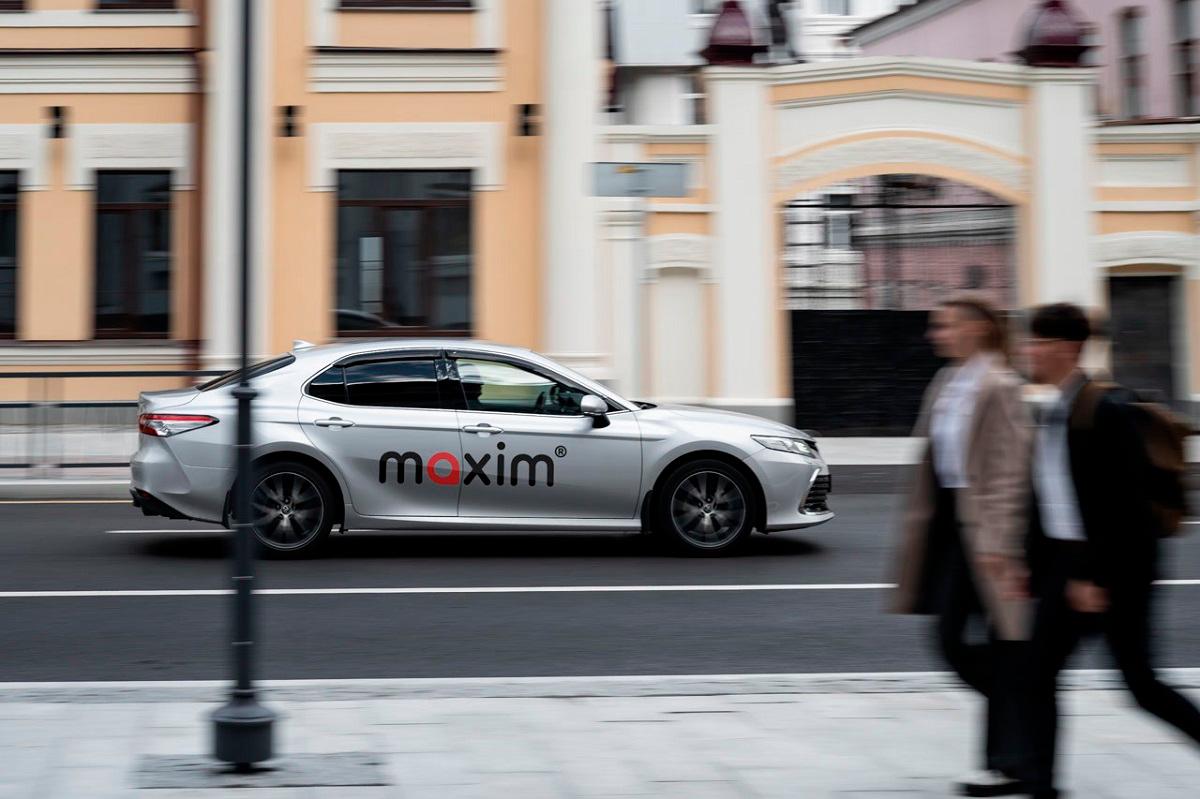AS Malaysia’s e-hailing industry continues its rapid growth trajectory toward an estimated US$510 million (RM2.14 billion) revenue by 2025, industry voices are calling for greater market competition to drive innovation and protect stakeholder interests.
The president of TPAD Association (Persatuan Transformasi Pengangkutan Awam Darat), M.Nathan, has highlighted concerns about market concentration risks within Malaysia’s ride-hailing ecosystem, emphasising that healthy competition benefits both service providers and consumers.
Competition Essential for Market Health
“Monopoly harms the ecosystem in any industry, and e-hailing is no different. Healthy competition is not only beneficial, it is necessary. It drives better services for consumers and creates fairer conditions for service providers,“ Nathan stated during recent industry discussions.
His comments come at a time when Malaysia’s e-hailing landscape is experiencing significant changes, with new players challenging the established market dynamics that have characterised the sector following the 2018 Uber-Grab merger.
Regulatory Compliance and Market Entry
The industry expert praised emerging platforms for their commitment to regulatory compliance, specifically mentioning newer entrants like Maxim, which launched operations in Malaysia in 2019 with its first completed ride in Kuantan.
Maxim has since expanded to operate across all Malaysian states, developing what the company describes as innovative technologies for transport ordering, delivery services, and other mobility solutions.
Driver Empowerment Through Choice
Sir Nathan emphasised that market diversity particularly benefits drivers, who often face challenges when operating in highly concentrated markets with limited alternatives.
“The gig economy plays an essential role in providing income opportunities, but operators must balance accessibility with professional standards. Platforms that offer driver-friendly business models, including fair subscription plans, pave the way for more sustainable earnings,“ he explained.
This perspective aligns with ongoing regulatory discussions, including proposed gig worker protections outlined in Budget 2025, which aim to provide social security coverage and EPF contributions for platform workers.
Technology and Safety Innovations
The TPAD Association president also commended industry players who prioritise professionalisation through partnerships with driving schools and integrated compliance tools, noting these efforts are crucial for enhancing road safety standards.
According to industry data, competitive markets often drive such quality improvements as platforms seek differentiation through superior service offerings.
Future Outlook for Malaysian E-Hailing
Nathan concluded that Malaysia’s land transportation sector’s future depends on collaborative stakeholder efforts, stating: “A vibrant market with multiple tech-driven platforms is fundamental to improving service quality, efficiency, and accessibility. The entry of responsible players ensures industry growth that aligns with national objectives and genuinely serves the public.”
Regulatory Environment
The industry operates within an evolving regulatory framework, with the Land Public Transport Agency (APAD) maintaining oversight of e-hailing operations. Recent developments have seen continued emphasis on compliance requirements for all market participants.
As Malaysia’s e-hailing market matures, the balance between fostering innovation through competition while maintaining regulatory standards remains a key consideration for industry stakeholders and policymakers alike.
The sector’s projected growth to US$510 million revenue by 2025 underscores its significant economic importance, making the question of market structure increasingly relevant to Malaysia’s broader transportation and digital economy objectives.









